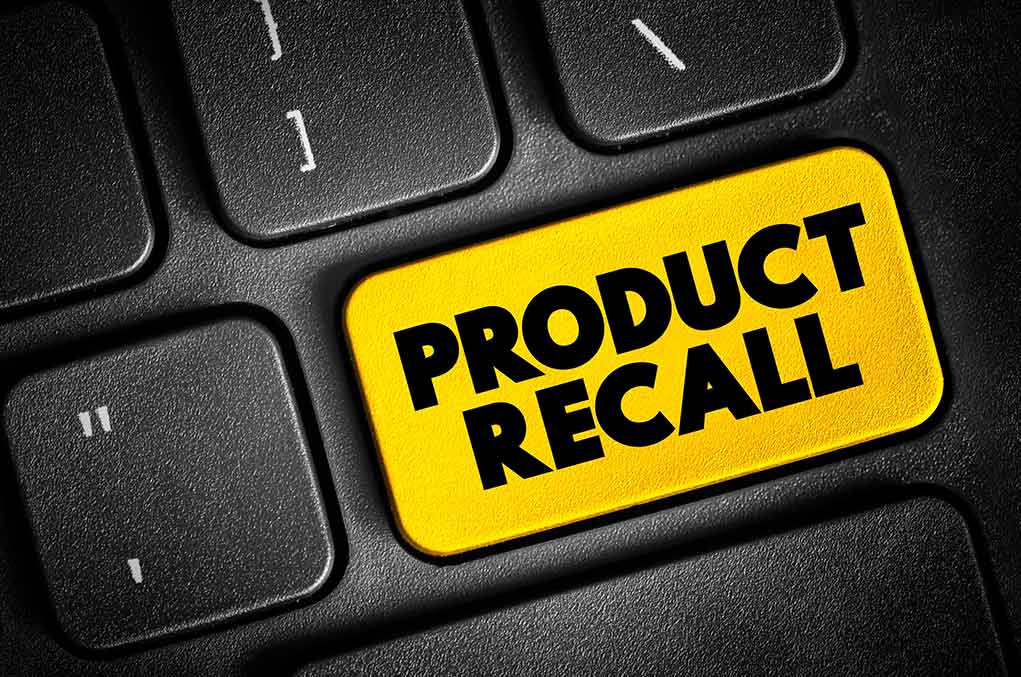
Deadly black fungus found in common antibiotic tablets prompts nationwide recall as manufacturer scrambles to retrieve potentially life-threatening medication from vulnerable patients.
Key Takeaways
- Amneal Pharmaceuticals is recalling three lots of sulfamethoxazole/trimethoprim tablets due to contamination with Aspergillus, a potentially deadly fungus.
- The contaminated antibiotic tablets, which feature visible black spots, were distributed nationwide between December 2024 and May 2025.
- Patients with weakened immune systems are at the highest risk for serious infections if they consume the contaminated medication.
- This recall is part of a troubling pattern, as Amneal has issued multiple product recalls in recent months for quality control issues.
Dangerous Contamination Discovered in Common Antibiotic
Amneal Pharmaceuticals has launched an urgent nationwide recall of sulfamethoxazole/trimethoprim tablets after discovering dangerous fungal contamination in several batches. The recall affects three specific lots of the 400mg/80mg strength tablets used to treat urinary tract infections and other bacterial conditions. Black spots were observed on the tablet surfaces, which laboratory testing confirmed contain Aspergillus, a fungus that can cause severe respiratory infections and potentially life-threatening conditions, particularly in patients with compromised immune systems. The affected lots are AM241019, AM241019A, and AM241020, all with an expiration date of June 2027.
The contaminated medications were distributed nationwide to wholesalers and retailers between December 4, 2024, and May 15, 2025. Only the 400mg/80mg strength tablets are affected, specifically those in 100 and 500 tablet count bottles. While no adverse events have been reported yet, the potential danger to patients taking these medications cannot be overstated. Aspergillus infections can be particularly devastating for vulnerable populations, including those already seeking treatment for infections with these antibiotics.
Pattern of Quality Control Failures Raises Concerns
This latest recall follows a disturbing pattern of quality control issues at Amneal Pharmaceuticals. Just six weeks earlier, the company recalled two lots of ropivacaine hydrochloride injection due to potential contamination with inert fibers. In March 2024, Amneal also recalled four lots of generic vancomycin hydrochloride because of a manufacturing error that may have resulted in overfilled bottles. These repeated recalls raise serious questions about the company’s quality control processes and the safety of its pharmaceutical manufacturing operations.
The FDA has been notified of the current recall, which is being conducted at the customer level. Amneal is sending notifications via UPS to all distributors, wholesalers, and retailers who received the affected products. These customers are being instructed to immediately stop the distribution of the contaminated tablets and to inform their own customers about the recall. The company has established a comprehensive plan for product returns and consumer reimbursement, but the damage to public trust may be harder to repair.
Wide-Ranging Impact on Patients
Sulfamethoxazole/trimethoprim is a widely prescribed antibiotic used to treat urinary tract infections, acute exacerbations of chronic bronchitis, enteritis, traveler’s diarrhea, and acute otitis media in pediatric patients. The medication is particularly important for patients with recurrent infections or those who cannot tolerate other antibiotics. This recall affects medications that would typically be prescribed to patients already dealing with infections, potentially leaving them without immediate treatment options while they seek replacements for their recalled medication.
Consumers who have the affected product should contact their physician or healthcare provider immediately for guidance. Amneal Pharmaceuticals has established dedicated phone lines and email contacts for recall-related inquiries. Patients can reach the company at (833) 582-0812 for information about returns and reimbursement. Any adverse reactions should be reported to the FDA’s MedWatch Adverse Event Reporting program, which monitors medication safety issues. This recall highlights the critical importance of rigorous quality control in pharmaceutical manufacturing and the need for swift action when contamination is discovered.











